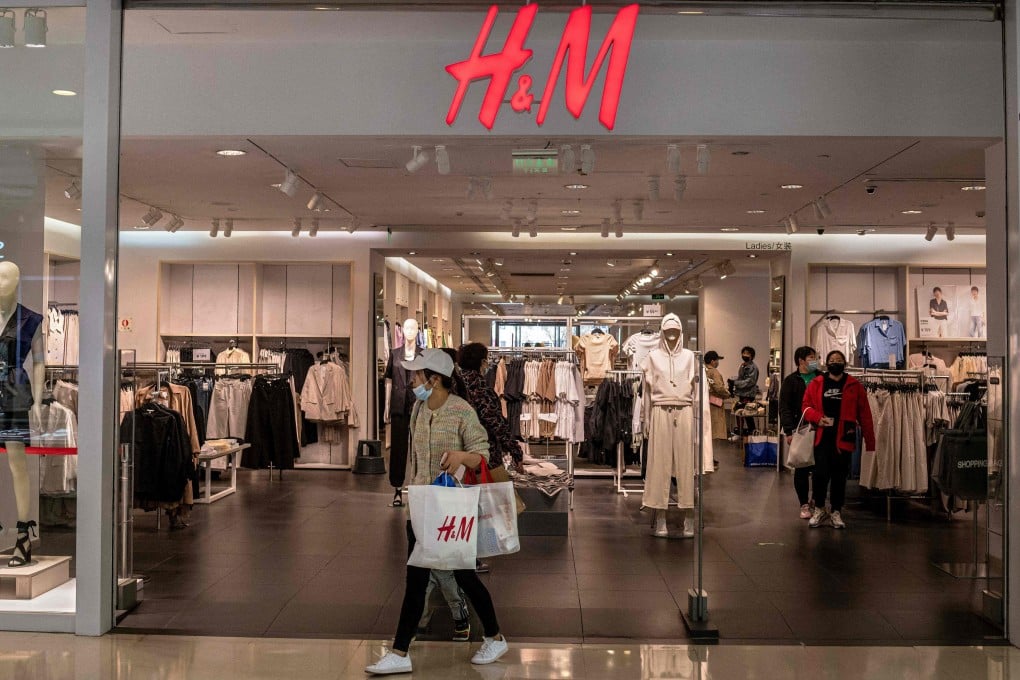Nike, Zara, H&M amongst Western brands accused by China of selling substandard products amid Xinjiang row
- H&M, Nike and Zara among fashion labels accused of posing a potential health hazard, with dyes and other harmful substances named in notice
- China’s General Administration of Customs said it had confiscated, destroyed or returned non-compliant products, including toys, shoes and toothbrushes

In a warning notice published on its website, China’s General Administration of Customs listed 81 batches of imported children’s clothing products for quality and safety risks spotted during examinations from June 2020 to May 2021, involving garments, toys, toothbrushes, shoes and baby bottles.
Some nine batches of H&M woven cotton girls’ dresses were found to contain dyes or other harmful substances that children could ingest or absorb through their skin, the customs authority said.
The same problem was identified in children’s pyjamas and cotton-knit baby shorts from Zara and cotton-knit boys’ T-shirts from Nike, according to the notification.
Customs also flagged the same flaw in cotton-knit boys’ pyjamas from the American brand GAP and girls’ T-shirts from GU, a sister retailer of the Japanese chain Uniqlo.